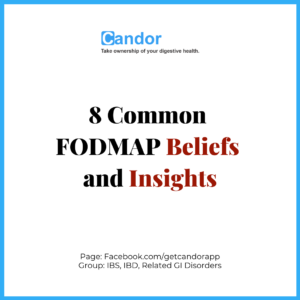
What is Crohn’s disease? Crohn’s disease is a chronic disease that causes inflammation and irritation in the digestive tract. Most commonly, Crohn’s affects the small intestine and the beginning of the large intestine….
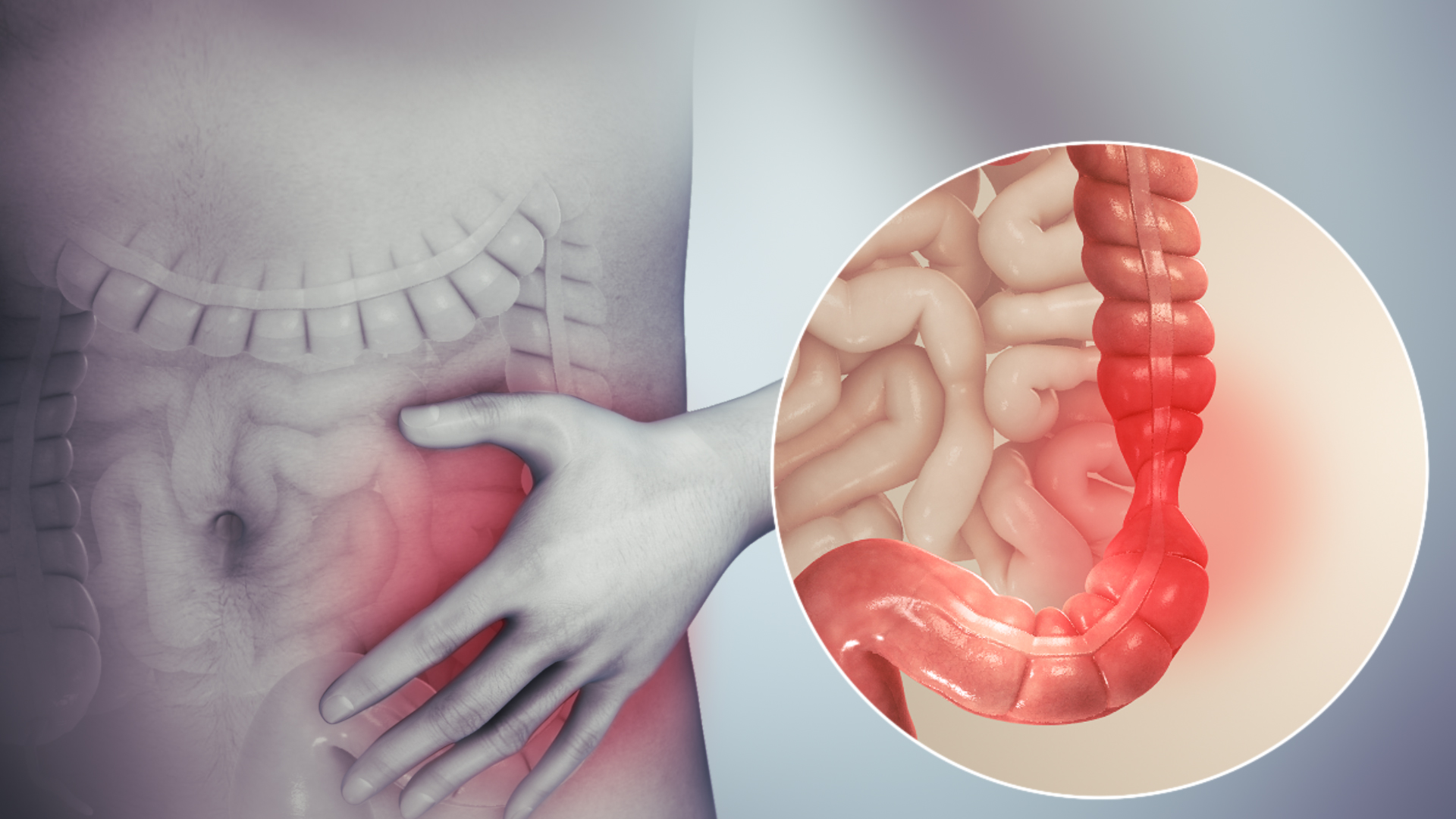
If you have been recently diagnosed with IBS, here’s everything you need to know about symptoms and potential triggers for the condition. In a gist, IBS is a chronic condition that can be…
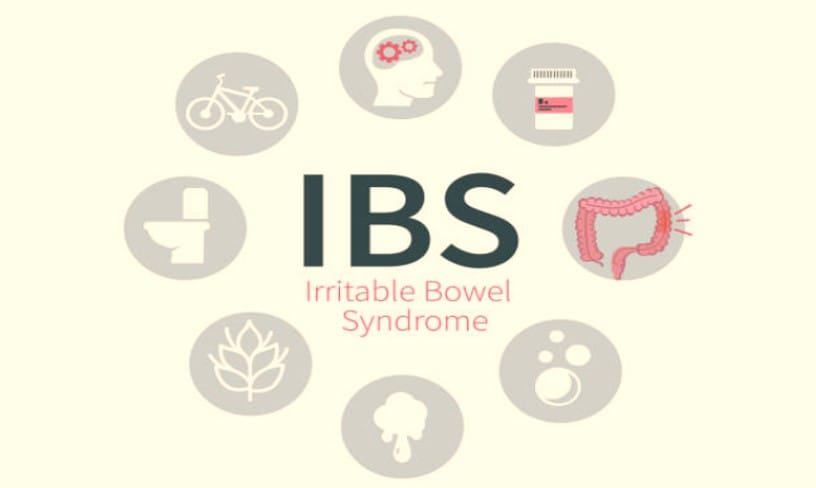
The term IBS cure is subjective and the condition itself is very personal. IBS is typically managed, not cured. The most common way to manage IBS symptoms is to manage one’s diet. It…
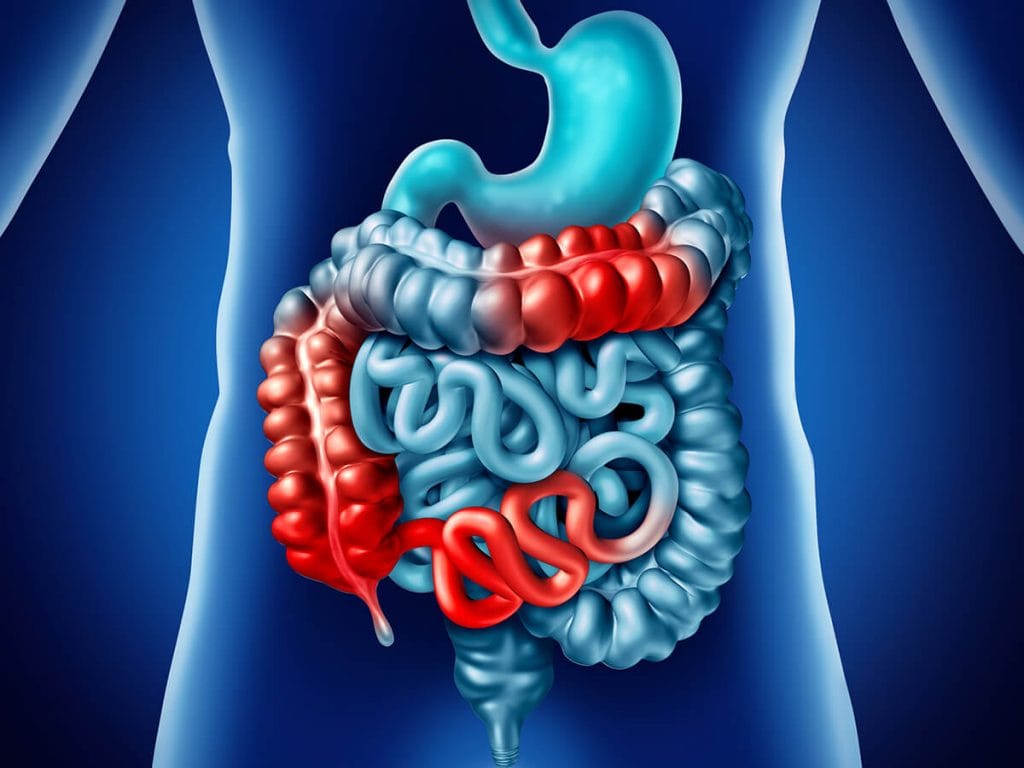
Inflammatory Bowel Disease (IBD) refers to an inflammatory condition of the digestive tract (gut) resulting from abnormal immune system activity. It manifests in two distinct forms: Ulcerative Colitis (UC) and Crohn’s disease. UC…
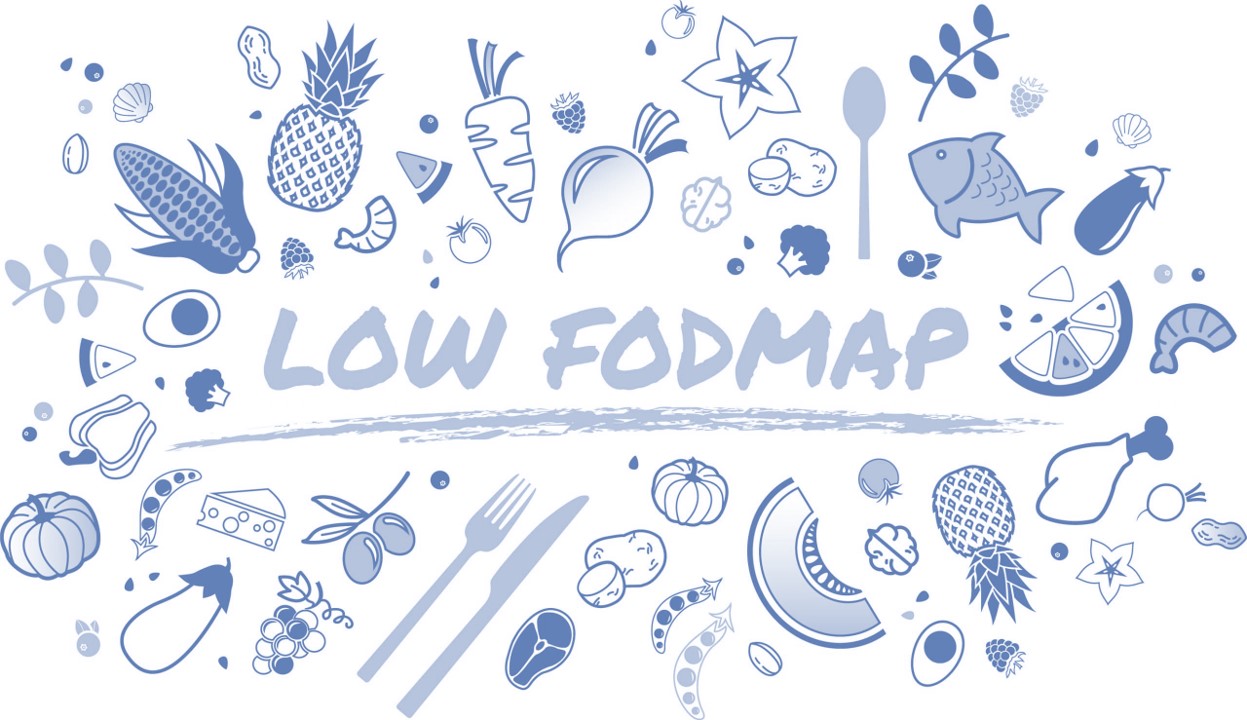
The FODMAP concept was first published in 2005 as part of a hypothesis paper. In this paper, it was proposed that a collective reduction in the dietary intake of all indigestible or slowly…
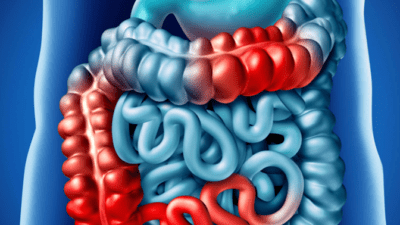
What is Crohn’s disease? Crohn’s disease is a chronic disease that causes inflammation and irritation in the digestive tract. Most commonly, Crohn’s affects the small intestine and the beginning of the large intestine….
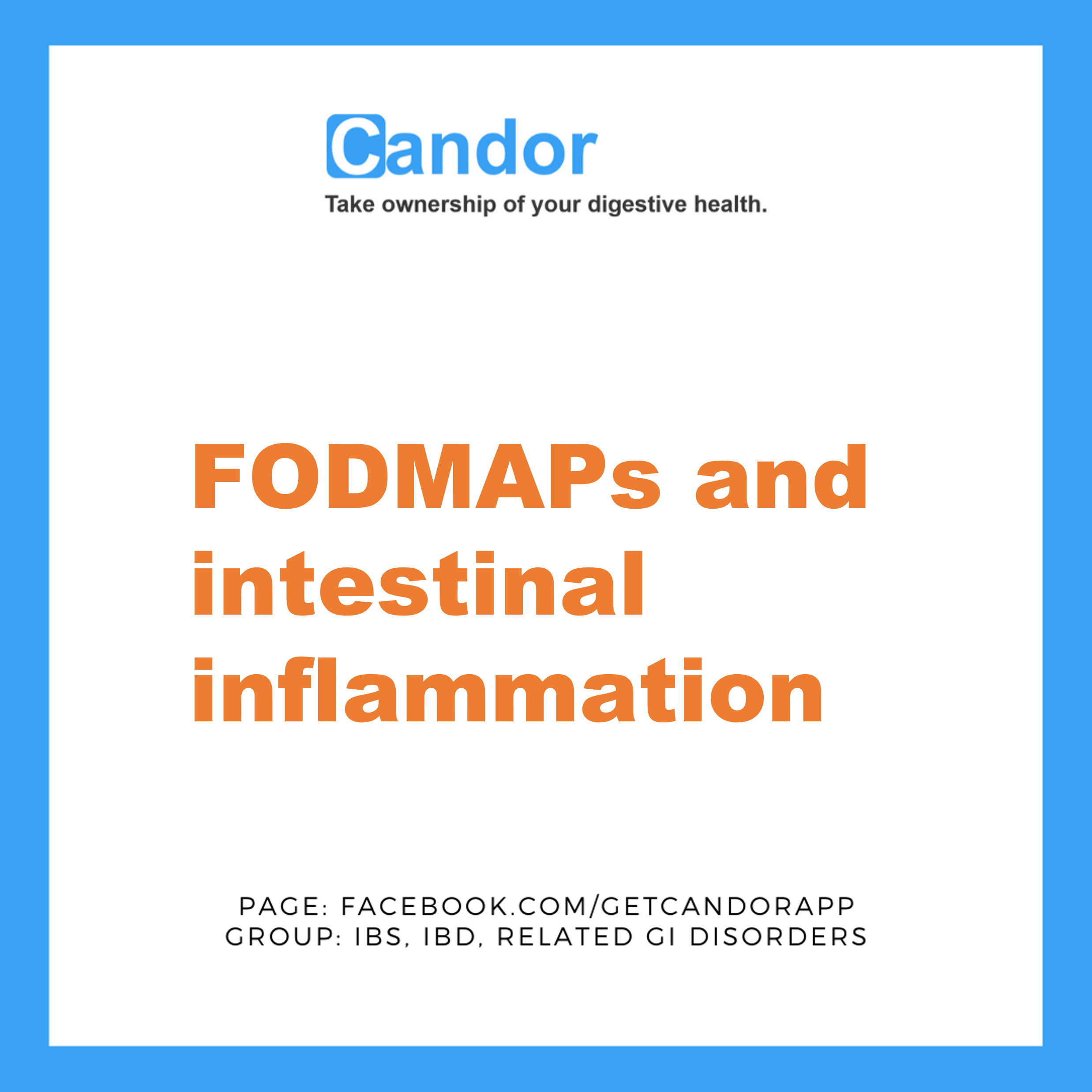
Some FODMAPs, such as fructose, are readily absorbed in the small intestine of humans via GLUT receptors. Absorption thus depends on the appropriate expression and delivery of these receptors in the intestine. Improper…

Ayurveda and Digestive Health: The Power of Daily Routines, Yoga, and Mindfulness Ayurvedic practices for gut health offer a holistic approach to health and wellness, emphasizing the importance of daily routines, yoga, meditation,…

Ayurveda’s Digestive Wisdom: Understanding Agni, Ama, and Doshas Ayurvedic practices for gut health offer profound insights into maintaining health, with a special emphasis on digestion. Central to this are the concepts of Agni…

The most common way is to manage one’s diet. It is helpful to keep track of food intake and any associated symptoms or flareups for a timeframe (4-6 weeks). At the start, it…

Introduction to Ayurveda: A Holistic Health System Ayurveda, an ancient system of medicine that originated in India over 5,000 years ago, presents a unique and holistic approach to health and well-being. Derived from…
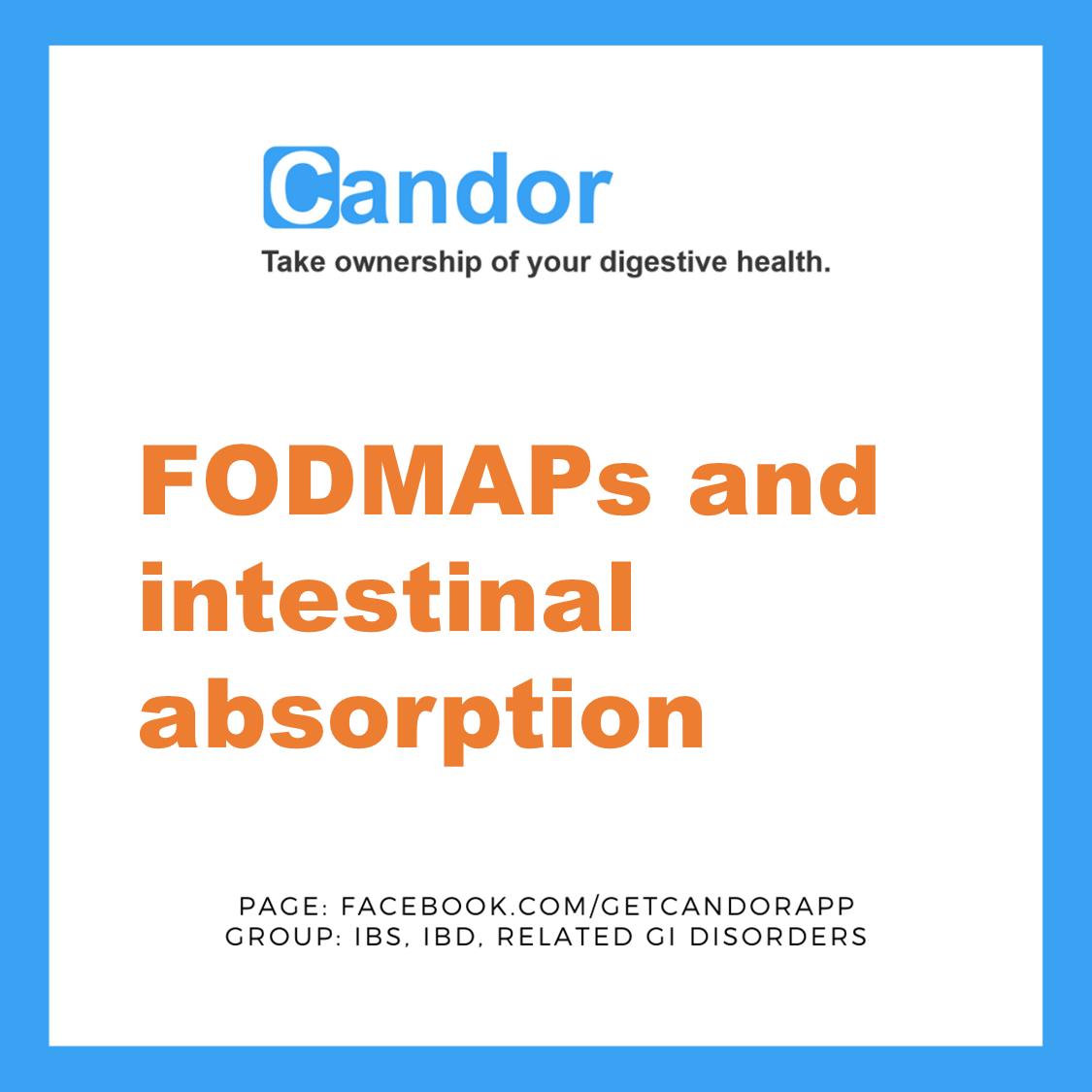
Some FODMAPs, such as fructose, are readily absorbed in the small intestine of humans via GLUT receptors. Absorption thus depends on the appropriate expression and delivery of these receptors in the intestine. Improper…
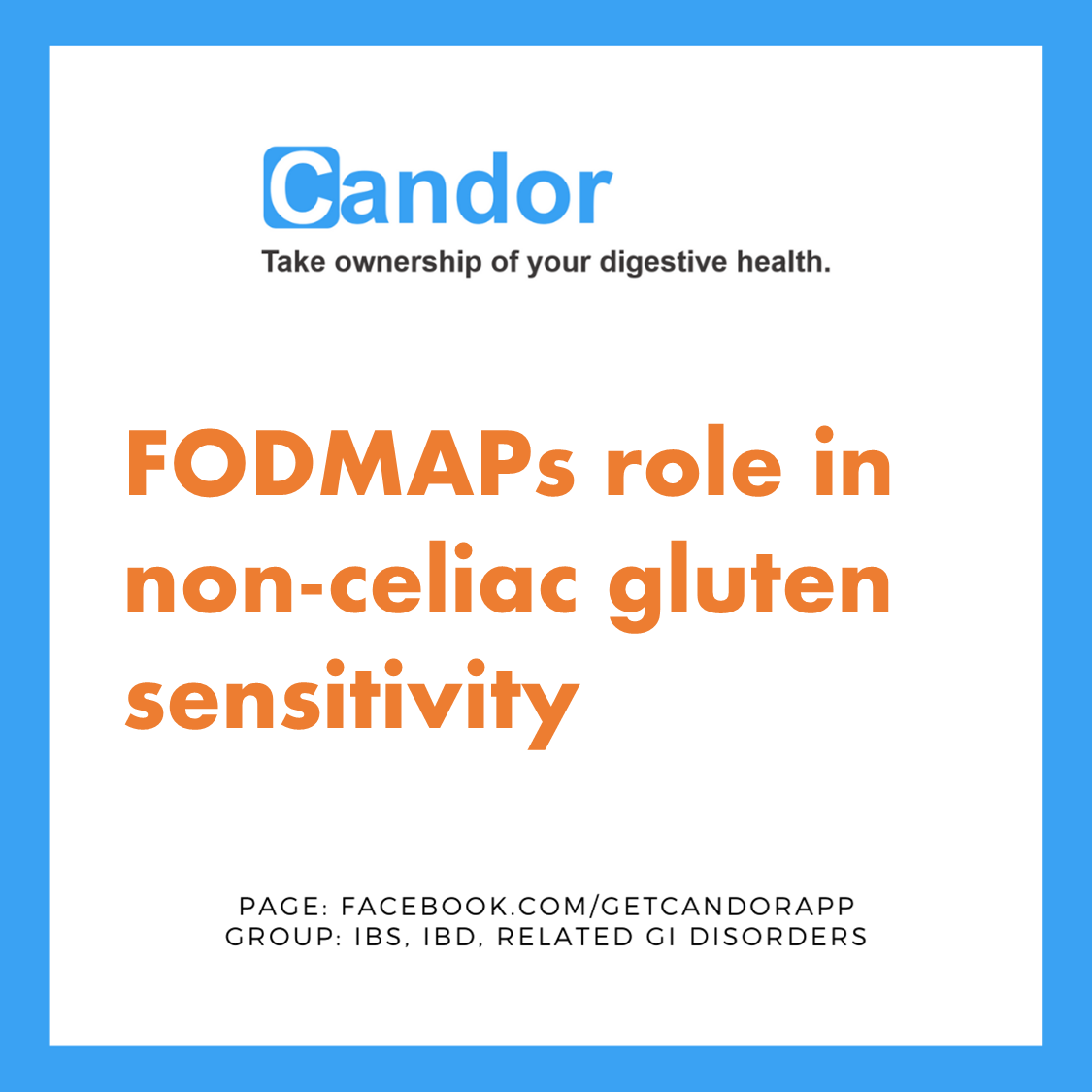
FODMAPs that are present in gluten-containing grains have been identified as a possible cause of gastrointestinal symptoms in people with non-celiac gluten sensitivity, in place of, or in addition to, gluten and other…
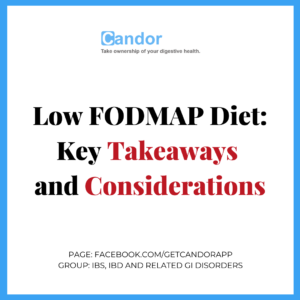
What is a Low-FODMAP Diet? A low-FODMAP diet consists of the global restriction of all fermentable carbohydrates (FODMAPs), that is recommended only for a short time. A low-FODMAP diet is recommended for managing…

FODMAPs are a group of sugars and short chain carbohydrates that are poorly absorbed in the small intestine. They include short chain oligo-saccharide polymers of fructose (fructans) and galactooligosaccharides (GOS, stachyose, raffinose), disaccharides…

